
Serra da Leba: Angola's Majestic Mountain Range
The Serra da Leba mountain range is one of Angola's most stunning natural wonders. Located in the southwest of the country, this breathtaking destination is known for its dramatic landscapes and panoramic views. The scenic drive along the Serra da Leba Pass is a highlight for many visitors, as it features winding roads that snake through the mountains, offering spectacular vistas at every turn. The pass itself is an engineering marvel, with its numerous twists and turns, making it both a thrilling and picturesque journey. Beyond the pass, the Serra da Leba region offers a wealth of outdoor activities for nature enthusiasts. Hiking trails crisscross the mountains, providing opportunities to explore the diverse flora and fauna that call this area home. Bird watchers will be delighted by the variety of species found here, while photographers will find endless inspiration in the stunning landscapes and dramatic sunsets. Visitors to Serra da Leba can also immerse themselves in the local culture by visiting nearby towns and villages. The warm and welcoming locals are eager to share their traditions and stories, giving travelers a deeper understanding of Angola's rich cultural heritage. Whether you are an adventure seeker, a nature lover, or a cultural explorer, Serra da Leba promises an unforgettable experience.
Local tips in Serra da Leba
- Visit during the dry season (May to October) for the best weather and clear views.
- Pack layers of clothing, as temperatures can vary greatly between day and night.
- Hire a local guide for hiking to ensure safety and to learn more about the region's flora and fauna.
- Carry a camera to capture the scenic beauty and dramatic landscapes.
- Make sure your vehicle is in good condition if driving the Serra da Leba Pass, as the roads are winding and challenging.
Serra da Leba: Angola's Majestic Mountain Range
The Serra da Leba mountain range is one of Angola's most stunning natural wonders. Located in the southwest of the country, this breathtaking destination is known for its dramatic landscapes and panoramic views. The scenic drive along the Serra da Leba Pass is a highlight for many visitors, as it features winding roads that snake through the mountains, offering spectacular vistas at every turn. The pass itself is an engineering marvel, with its numerous twists and turns, making it both a thrilling and picturesque journey. Beyond the pass, the Serra da Leba region offers a wealth of outdoor activities for nature enthusiasts. Hiking trails crisscross the mountains, providing opportunities to explore the diverse flora and fauna that call this area home. Bird watchers will be delighted by the variety of species found here, while photographers will find endless inspiration in the stunning landscapes and dramatic sunsets. Visitors to Serra da Leba can also immerse themselves in the local culture by visiting nearby towns and villages. The warm and welcoming locals are eager to share their traditions and stories, giving travelers a deeper understanding of Angola's rich cultural heritage. Whether you are an adventure seeker, a nature lover, or a cultural explorer, Serra da Leba promises an unforgettable experience.
When is the best time to go to Serra da Leba?
Unmissable attractions to see
Tundavala Gap
Discover Tundavala Gap: a geological wonder near Lubango, Angola, offering breathtaking panoramic views and a glimpse into Earth's history.
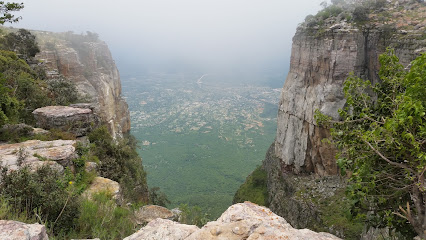
Christ the King Statue
A towering symbol of faith and history, offering panoramic views of Lubango and a glimpse into Angola's rich cultural heritage.
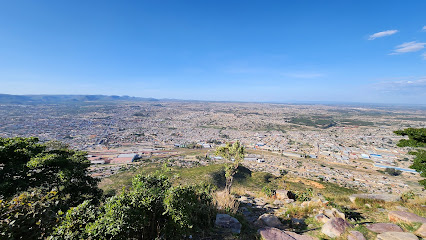
Viewpoint of the Serra da Leba
Experience breathtaking panoramic views at the Viewpoint of the Serra da Leba, a must-see destination in Angola's stunning mountain range.
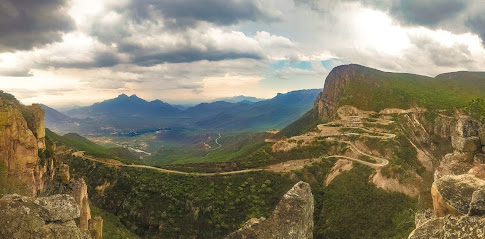
Cascata da Serra da Leba
Discover the breathtaking beauty of Cascata da Serra da Leba, a stunning waterfall nestled in Angola's majestic Serra da Leba mountains.
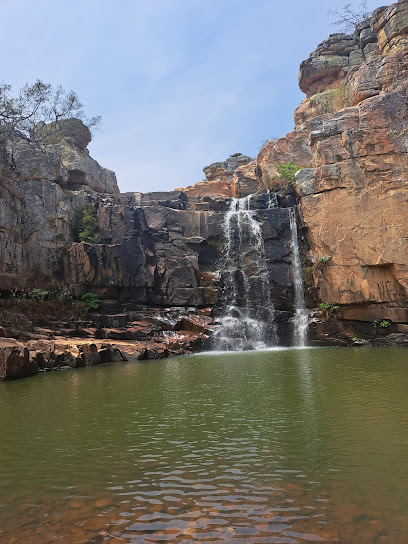
Miradouro Serra da Leba
Experience breathtaking panoramic views from the Miradouro Serra da Leba, where Angola's majestic mountains meet an iconic feat of engineering.
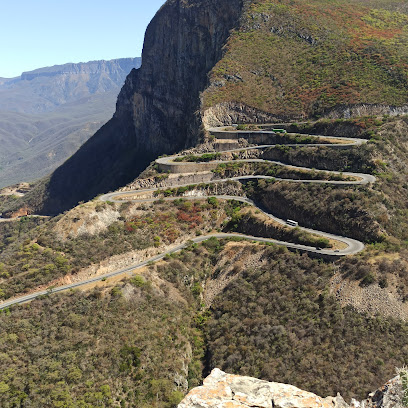
Cascatas de Kachuvila
Discover the serene beauty of Cascatas de Kachuvila near Lubango, Angola – a perfect escape for nature lovers and adventurers!
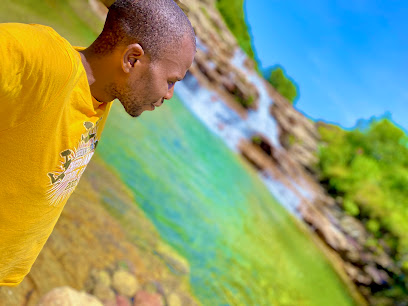
Cachoeira da Leba
Discover the breathtaking beauty of Cachoeira da Leba, Angola, a stunning waterfall nestled in the dramatic Serra da Leba mountains.

Mirador de la Leba
Discover breathtaking panoramic views and natural beauty at Mirador de la Leba, Angola, a perfect destination for nature lovers and photographers.
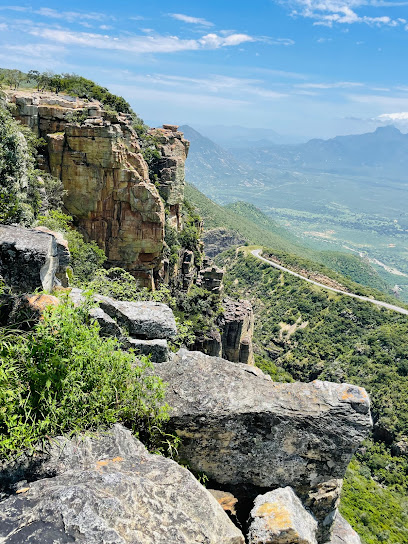
Mangueiras (Birding hotspot)
Discover rare birds in Angola's Namibe Province at Mangueiras, a unique birding destination with stunning savanna and desert landscapes.
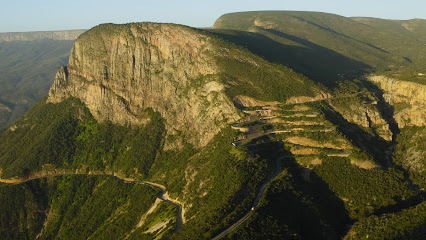
Essential places to dine
Restaurante Freitas
Experience the rich flavors of Angolan cuisine at Restaurante Freitas in Lubango - where tradition meets taste.
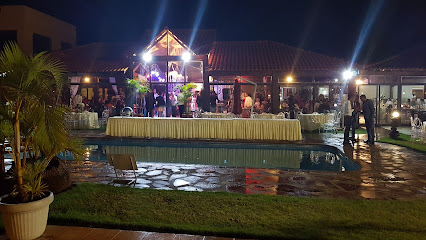
Ombolo Yapia
Discover the vibrant culinary scene at Ombolo Yapia in Lubango – where local flavors meet international cuisine in an inviting atmosphere.
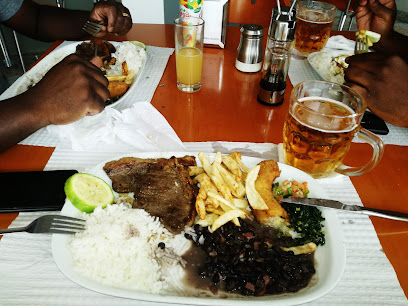
Medara Nuno Batata restaurante e gelo
Experience authentic Angolan cuisine at Medara Nuno Batata in Lubango – where local flavors meet warm hospitality.
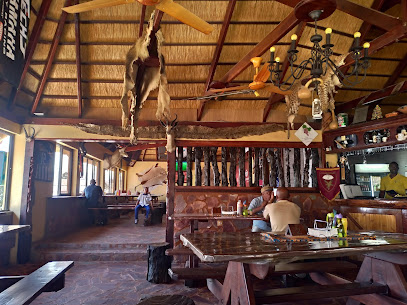
Café do Monte
Discover Café do Monte in Lubango: A top-rated restaurant serving delicious burgers and nachos in an inviting atmosphere.
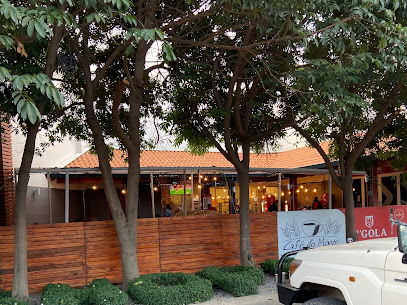
Restaurante Lana
Experience authentic Angolan cuisine at Restaurante Lana in Lubango, where local flavors meet warm hospitality.
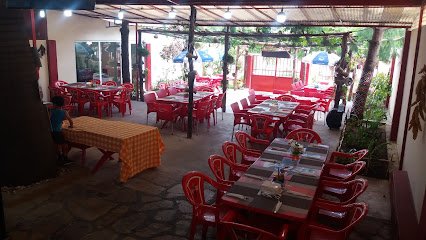
Kimbanda Bar
Experience authentic Angolan cuisine at Kimbanda Bar in Lubango – where local flavors meet vibrant atmosphere.
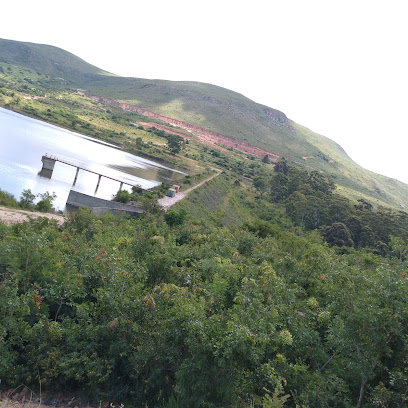
O Criador
Experience authentic Angolan cuisine at O Criador in Lubango - where every meal tells a story.
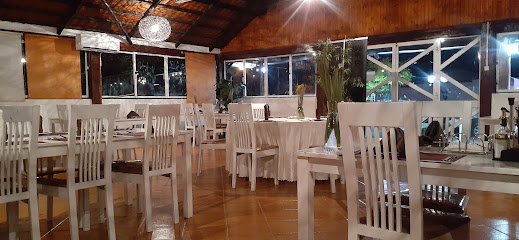
Casa Verde
Discover authentic Angolan flavors at Casa Verde in Lubango – where every meal tells a story.
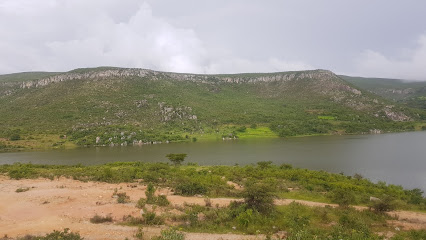
Suculenta Restaurante Fast Food
Experience authentic Angolan cuisine at Suculenta Restaurante Fast Food in Lubango - where every meal tells a story.
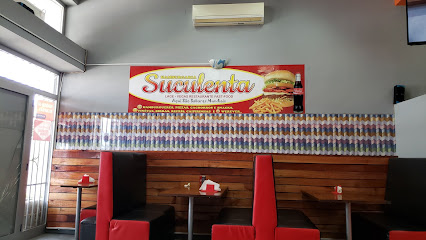
Sá Da Bandeira
Discover fine dining at Sá Da Bandeira in Lubango - where local flavors meet global cuisine in an elegant setting.
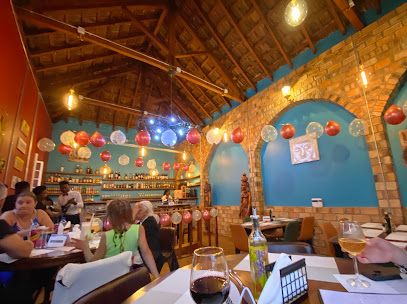
Restaurante Kubata
Experience authentic Angolan flavors at Restaurante Kubata in Lubango—where culinary tradition meets warm hospitality.

Liopa Lda Restaurante
Experience authentic Angolan cuisine at Liopa Lda Restaurante in Lubango – where every dish tells a story.
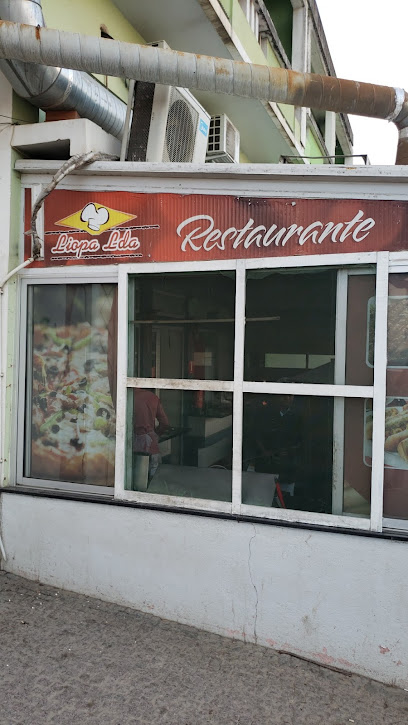
Mangueiras Serra Da Leba
Discover authentic Angolan cuisine at Mangueiras Serra Da Leba, where traditional flavors meet warm hospitality in Renato Grade.
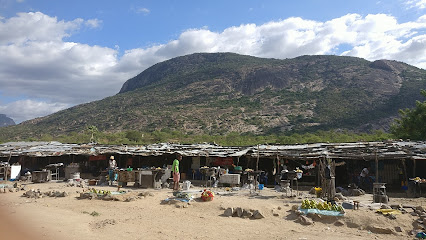
Restaurante e Hospedaria QUINTA SOLAR DA TCHIPIA
Experience authentic Angolan cuisine at Restaurante e Hospedaria QUINTA SOLAR DA TCHIPIA in Huíla - where every meal is a celebration of local flavors.
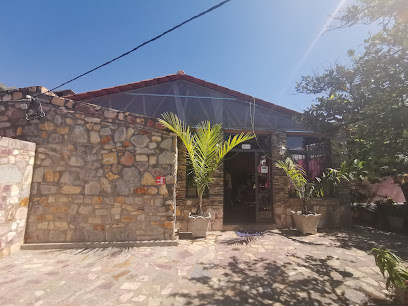
Miradouro da Leba Hospedaria E Restaurante
Discover breathtaking views and authentic Angolan cuisine at Miradouro da Leba Hospedaria E Restaurante in Bruco.
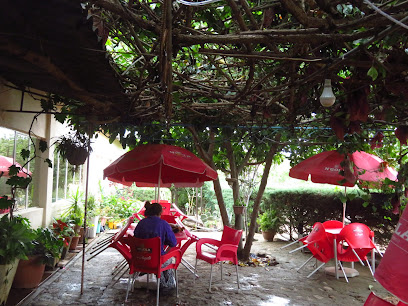
Markets, malls and hidden boutiques
Serra da Leba
Explore Serra da Leba, a breathtaking mountain peak in Angola offering stunning views, diverse wildlife, and unforgettable outdoor adventures for all travelers.
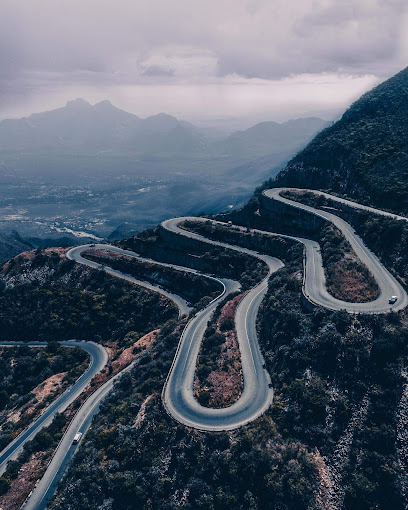
Arco Iris Mini Marcado
Explore the vibrant Arco Iris Mini Marcado in Lubango, where local culture and unique products create an unforgettable shopping experience.
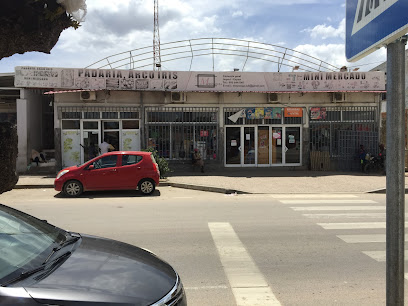
DAFLA COMERCIAL LDA
Discover the finest beauty products at DAFLA COMERCIAL LDA, a must-visit cosmetics store in Lubango, ideal for beauty enthusiasts and travelers alike.
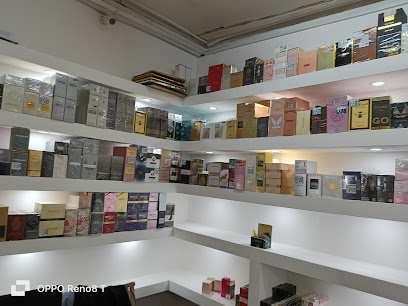
PEP Angola Lubango Kero
Discover trendy clothing for the whole family at PEP Angola Lubango Kero, where style meets affordability in the heart of Lubango.

Baobá online
Discover the beauty of Lubango at Baobá Online, where cosmetics meet expert marketing insights for an unforgettable shopping experience.
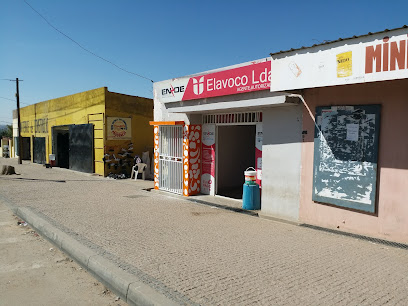
Pumangol
Explore Pumangol in Lubango for a unique shopping experience showcasing authentic Angolan crafts and local delicacies.

Equivalenza Lubango
Discover the enchanting world of fragrances at Equivalenza Lubango, where quality meets affordability in a warm, inviting atmosphere.

MILIUMA LUBANGO
Explore MILIUMA LUBANGO for a unique shopping experience filled with local crafts, traditional textiles, and authentic Angolan culture.
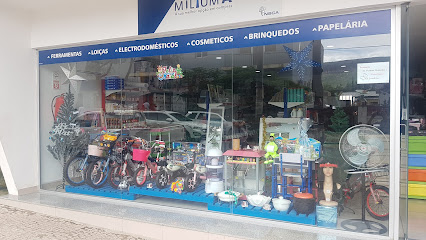
Mulug Moda Boutique
Discover Lubango's fashion gem at Mulug Moda Boutique, where trendy styles meet local culture in a delightful shopping experience.
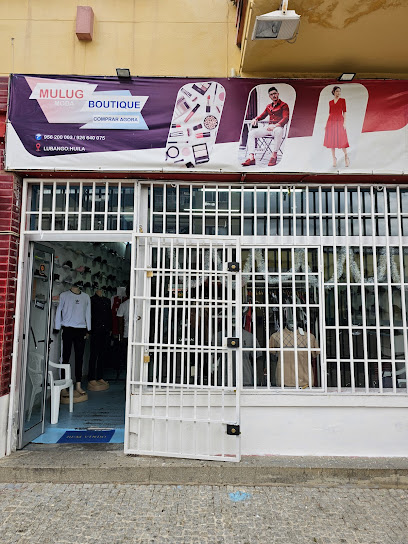
Livraria Cantinho do Saber
Explore the enchanting Livraria Cantinho do Saber, a must-visit bookstore in Lubango, Angola, where literature and local culture come together.

Mini Mercado DAMAD
Experience local culture at Mini Mercado DAMAD, your go-to store for fresh produce and authentic Angolan products in Lubango.
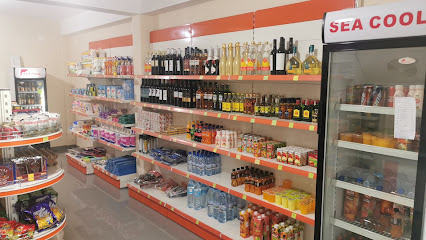
PEP Angola Lubango 3
Explore PEP Angola Lubango for fashionable clothing at unbeatable prices, catering to men, women, and kids in a vibrant shopping environment.
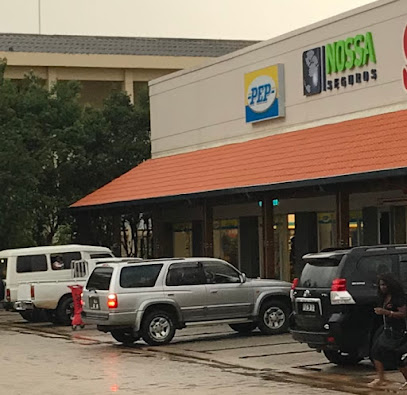
Bouteque e Perfumaria Muenho´s
Explore Bouteque e Perfumaria Muenho's in Lubango for unique fragrances that capture the essence of Angola, blending local charm with international elegance.

PEP Angola Lubango 1
Explore PEP Angola Lubango for stylish clothing and accessories for men, women, and children in a vibrant shopping environment.

Boutique Cantinho da Moranguinha
Explore the vibrant fashion of Angola at Boutique Cantinho da Moranguinha in Lubango – a charming clothing store offering unique styles and local flair.
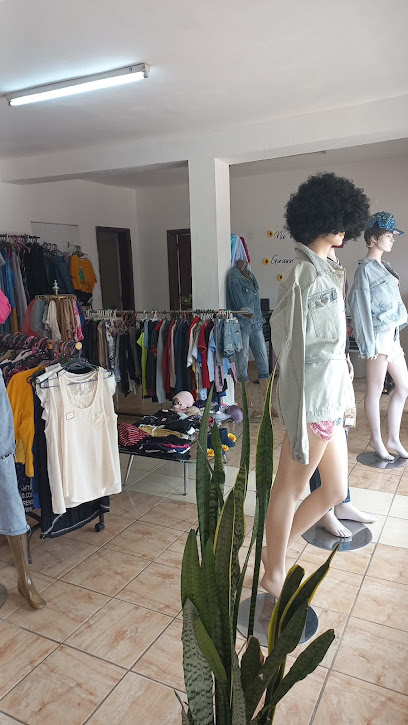
Essential bars & hidden hideouts
Marginal Bar
Marginal Bar in Lubango: A lively bar offering a variety of drinks and a vibrant atmosphere for tourists to enjoy local nightlife.
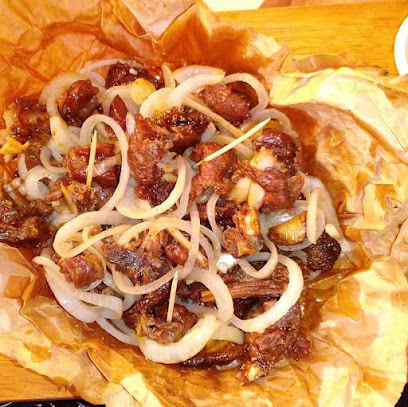
PUB OVIPALA VIVALI
Discover the local spirit and vibrant nightlife at Pub Ovipala Vivali in Lubango, your go-to spot for drinks and entertainment.
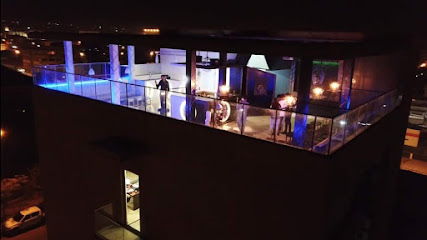
Bar o Cantinho do Kimbanda
Experience the vibrant local culture and flavors at Bar o Cantinho do Kimbanda in Lubango, a perfect spot for relaxation and connection.
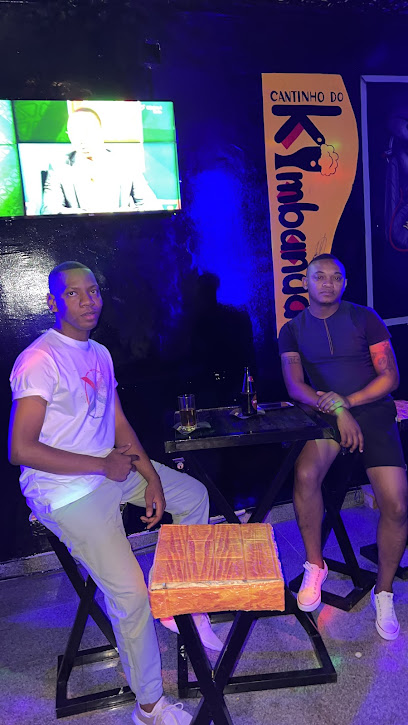
Bar Da Luz
Discover the vibrant essence of Lubango at Bar Da Luz, where local flavors and a welcoming atmosphere create unforgettable moments.
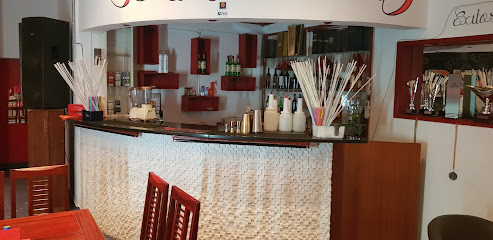
Serra da Leba Bar
Experience breathtaking views and refreshing drinks at Serra da Leba Bar, a hidden gem in the heart of Angola's stunning landscapes.
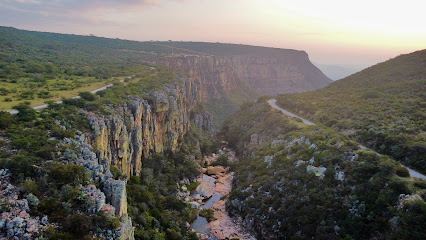
Jet 7 Armando’s Bar
Experience the vibrant culture of Lubango at Jet 7 Armando’s Bar, where friendly vibes and local drinks await every visitor.

Nobre Snack-Bar
Experience the vibrant local culture and flavors at Nobre Snack-Bar in Lubango, a cozy bar perfect for snacks and drinks.

Botequim Ijofati
Discover the lively Botequim Ijofati bar in Lubango, where local culture meets a vibrant atmosphere for an unforgettable experience.

B Club
Discover the vibrant nightlife at B Club in Lubango, Angola – the perfect spot for drinks, dancing, and mingling with locals and travelers alike.

Esplanada Tresp
Discover Esplanada Tresp, Lubango's premier cocktail bar, where vibrant nightlife meets expertly crafted drinks in a lively atmosphere.
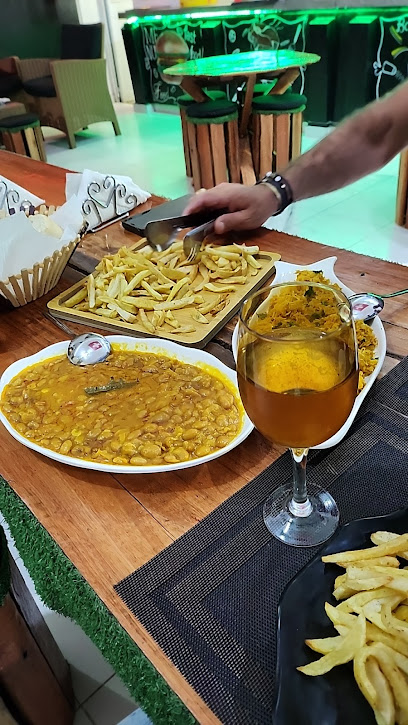
Bar do Betolas
Experience the vibrant local culture and refreshing drinks at Bar do Betolas in Lubango, Angola - a must-visit for tourists.

Kiosque bar
Experience the vibrant nightlife of Lubango at Kiosque Bar, a perfect spot for relaxation and socializing with delightful drinks and local ambiance.
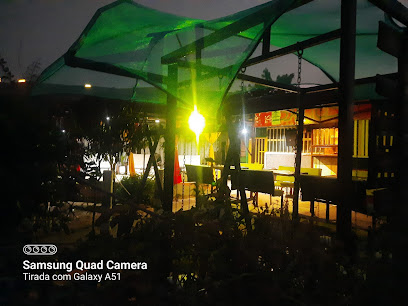
Bar Tac-Ti-Co
Experience the vibrant nightlife of Lubango at Bar Tac-Ti-Co, where refreshing drinks and a lively atmosphere await every traveler.

Restaurantee Bar
Discover Lubango's nightlife at Restaurantee Bar, a vibrant spot for drinks, local delicacies, and unforgettable experiences.

Local Phrases about Serra da Leba
-
- HelloOlá
[oh-LAH] - GoodbyeAdeus
[ah-DAY-oos] - YesSim
[seem] - NoNão
[now] - Please/You're welcomePor favor/De nada
[por fah-VOHR/deh NAH-dah] - Thank youObrigado
[oh-bree-GAH-doo] - Excuse me/SorryCom licença/Desculpe
[kohm lee-SEN-sah/dehs-KOOL-peh] - How are you?Como está?
[KOH-moh ehs-TAH] - Fine. And you?Bem. E você?
[behn/eh voh-SEH] - Do you speak English?Você fala inglês?
[voh-SEH FAH-lah een-GLAYZ] - I don't understandNão entendo
[now ehn-TEN-doo]
- HelloOlá
-
- I'd like to see the menu, pleaseGostaria de ver o menu, por favor
[goh-stah-REE-ah deh vehr oo MEH-noo/por fah-VOHR] - I don't eat meatNão como carne
[now KOH-moo KAHR-neh] - Cheers!Saúde!
[sah-OOH-deh] - I would like to pay, pleaseGostaria de pagar, por favor
[goh-stah-REE-ah deh pah-GAHR/por fah-VOHR]
- I'd like to see the menu, pleaseGostaria de ver o menu, por favor
-
- Help!Ajuda!
[ah-ZHOO-dah] - Go away!Vai embora!
[vah-ee ehm-BOH-rah] - Call the Police!Chame a polícia!
[SHAH-meh ah poh-LEE-see-ah] - Call a doctor!Chame um médico!
[SHAH-meh oon MEH-dee-koo] - I'm lostEstou perdido
[ehs-TOH pehr-DEE-doo] - I'm illEstou doente
[ehs-TOH doh-EHN-teh]
- Help!Ajuda!
-
- I'd like to buy...Gostaria de comprar...
[goh-stah-REE-ah deh kohm-PRAR] - I'm just lookingEstou só a ver
[ehs-TOH soh ah vehr] - How much is it?Quanto custa?
[KWAHN-too KOOS-tah] - That's too expensiveIsso é muito caro
[EE-soo eh MWEEN-too KAH-roo] - Can you lower the price?Pode baixar o preço?
[POH-deh BAHY-shar oo PREH-soo]
- I'd like to buy...Gostaria de comprar...
-
- What time is it?Que horas são?
[keh OH-rahz sow] - It's one o'clockÉ uma hora
[eh OO-mah OH-rah] - Half past (10)Meia hora (10)
[MAY-ah OH-rah (DEES)] - MorningManhã
[mahn-YAH] - AfternoonTarde
[TAHR-deh] - EveningNoite
[NOY-teh] - YesterdayOntem
[ON-tehm] - TodayHoje
[OH-zheh] - TomorrowAmanhã
[ah-mahn-YAH] - 1Um
[oom] - 2Dois
[doysh] - 3Três
[tresh] - 4Quatro
[KWAH-troh] - 5Cinco
[SEEN-koh] - 6Seis
[says] - 7Sete
[SEH-teh] - 8Oito
[OY-toh] - 9Nove
[NOH-veh] - 10Dez
[dehsh]
- What time is it?Que horas são?
-
- Where's a/the...?Onde fica o/a...?
[OHN-deh FEE-kah oo/OH] - What's the address?Qual é o endereço?
[kwahl eh oo ehn-DEH-reh-soo] - Can you show me (on the map)?Pode mostrar-me (no mapa)?
[POH-deh moh-SHAR-meh/noo mah-pah] - When's the next (bus)?Quando é o próximo (autocarro)?
[KWAHN-doo eh oo proh-KSEE-moh/ow-toh-KAHR-roo] - A ticket (to ....)Um bilhete (para ....)
[oom bee-LYE-teh/PAH-rah]
- Where's a/the...?Onde fica o/a...?
History of Serra da Leba
-
Serra da Leba, a mountain range located in the Namibe Province of Angola, is a geological marvel that dates back millions of years. The impressive rock formations and steep cliffs are a result of tectonic activities and erosional processes that have shaped the landscape over time. The Serra da Leba Pass, famous for its dramatic hairpin turns and breathtaking views, is a testament to the natural forces that have crafted this awe-inspiring region.
-
During the colonial period in the early 20th century, Portuguese settlers recognized the strategic importance of the Serra da Leba region for connecting the coastal city of Namibe with the inland highlands. The construction of the Serra da Leba Pass began in the 1960s under Portuguese rule, and the project faced significant engineering challenges due to the rugged terrain. The pass, with its iconic switchbacks, was completed in 1972 and remains one of Angola's most remarkable feats of civil engineering.
-
The Serra da Leba region played a significant role during the Angolan Civil War, which lasted from 1975 to 2002. The strategic location of the pass made it a critical supply route for various factions vying for control of the country. The rugged terrain provided natural cover and defensive advantages, making it a contested area throughout the conflict. The scars of war are still visible in some parts of the region, serving as a somber reminder of Angola's turbulent past.
-
The Serra da Leba region is not only a natural and historical landmark but also a cultural treasure trove. The local communities, primarily composed of the Ovimbundu and Himba ethnic groups, have rich traditions and cultural practices that have been passed down through generations. Traditional music, dance, and storytelling are integral parts of community life, and visitors can experience these cultural expressions firsthand. The annual festivals and ceremonies held in the region are a celebration of the vibrant heritage and resilience of the local people.
-
In recent years, Serra da Leba has become a popular destination for tourists seeking adventure and natural beauty. The breathtaking views from the pass, combined with opportunities for hiking, birdwatching, and exploring local villages, attract visitors from around the world. To preserve the unique ecological and cultural heritage of the region, various conservation initiatives have been implemented. These efforts aim to protect the environment while promoting sustainable tourism practices that benefit local communities.
Serra da Leba Essentials
-
Serra da Leba is located in the Namibe Province of Angola. The nearest major city with an international airport is Lubango, which is approximately 50 kilometers away. From Lubango, you can rent a car, hire a taxi, or take a local bus to reach Serra da Leba. The journey by road offers spectacular views of the mountain range and usually takes about an hour.
-
Transportation options in Serra da Leba include rental cars, local taxis, and buses. Renting a car provides the most flexibility for exploring the area at your own pace. Taxis are readily available and can be hired for both short and long trips. Buses operate between major towns and villages, but schedules can be irregular, so it's best to check in advance.
-
The official currency in Angola is the Angolan Kwanza (AOA). While credit cards are accepted in some hotels, restaurants, and shops in larger cities, it's advisable to carry cash when traveling to more remote areas like Serra da Leba. ATMs are available in Lubango, so it's a good idea to withdraw sufficient cash before heading to Serra da Leba.
-
Serra da Leba is generally a safe destination for tourists. However, it is important to take standard precautions. Avoid walking alone at night in unfamiliar areas and keep an eye on your belongings in crowded places. While there are no specific high-crime areas targeting tourists in Serra da Leba, staying vigilant and aware of your surroundings is always a good practice.
-
In case of emergency, dial 113 for police assistance and 112 for medical emergencies. The nearest major medical facilities are located in Lubango. It is highly recommended to have travel insurance that covers medical emergencies. For minor health issues, there are pharmacies in Lubango where you can purchase over-the-counter medications.
-
Fashion: Do dress modestly, especially when visiting local villages or religious sites. Avoid wearing overly revealing clothing. Religion: Do be respectful of local customs and traditions. Public Transport: Do be courteous and respectful to other passengers. Don't engage in loud or disruptive behavior. Greetings: Do greet people with a handshake or a nod. A friendly demeanor is always appreciated. Eating & Drinking: Do try local dishes and accept food offerings graciously. Don't refuse hospitality, as it can be considered impolite.
-
To experience Serra da Leba like a local, consider visiting the local markets where you can buy fresh produce and traditional Angolan goods. Engage with locals, as they are often friendly and willing to share stories about the area's history and culture. Don't miss the opportunity to drive or hike through the famous Serra da Leba Pass, which offers breathtaking views and is a highlight of any visit to the region.
Nearby Cities to Serra da Leba
-
Things To Do in Ongwediva
-
Things To Do in Etosha Village
-
Things To Do in Outjo
-
Things To Do in Tsumeb
-
Things To Do in Luanda
-
Things To Do in Otjiwarongo
-
Things To Do in Omaruru
-
Things To Do in Rundu
-
Things To Do in Usakos
-
Things To Do in Karibib
-
Things To Do in Swakopmund
-
Things To Do in Okahandja
-
Things To Do in Walvis Bay
-
Things To Do in Uíge
-
Things To Do in Windhoek








